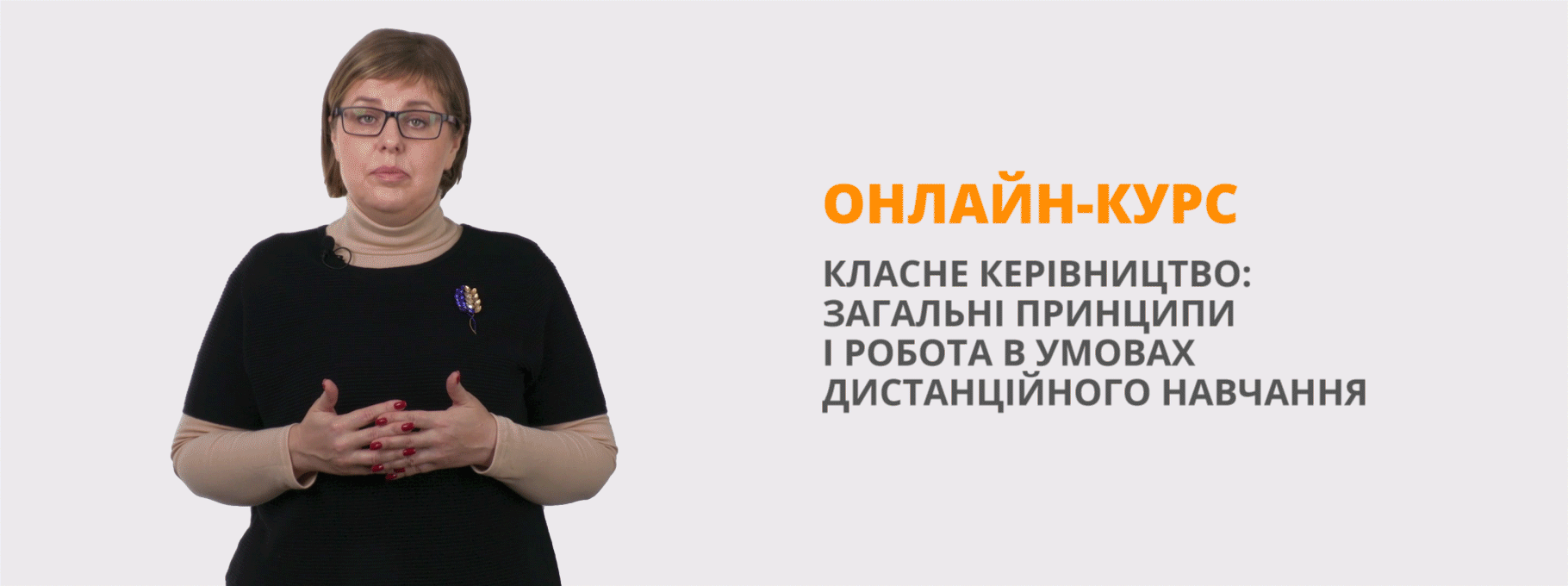Урок "Шкільне життя"
Topic. School Life
Objectives.
Practical (skills-forming): to teach students listening comprehension, speaking on the topic, answering questions.
Educational: to enrich students’ topical conversational vocabulary; encourage students to learn English-speaking culture.
Developing: to improve students’ listening, reading, speaking and grammar skills; to enhance their cognitive abilities and memory; pairs and group co-operation.
Moral values: to cultivate the aesthetic taste, sense of friendship and desire to work hard to achieve great success in the life.
Procedure
-
Opener
- Greeting
- Good morning children. Nice to see you today. To rise your mood at the beginning of the lesson let’s give a compliment to each other. So make a circle, join your hands and say smth pleasant to your neighbor
- Aim
- Today at our lesson we are going to show our results of learning the theme “School life”. (слайд 1)
- At this lesson we are going to (слайд 2)
talk about school subjects and teachers
develop your listening, reading, speaking and grammar skills
do some experiments and have fun
-
The main part of the lesson
- Speaking
- To start with let’s look at the motto of today’s lesson. (слайд 3).
My school is my home from home. How do you think what does it mean?
- The phrase “home from home” has the meaning “my second home”, the place where you can feel yourself comfortable.
- As for me our school is really my home from home because I work here and I like to teach kids. I also have got smart and kind colleagues that are always ready to give me a helping hand. And I like my job! It’s true.
- And what about you? How do you feel about studying at school? Imagine that I am a journalist and answer my questions
- What subjects do you study in the basic secondary school?
- What subjects are you good at?
- What subjects are you bad at?
- What makes a school subject interesting?
- What makes a school subject boring?
- Are there any important subjects or are there any that you think you don’t need?
- Who helps you cope with difficulties in your studies: parents, teachers, friends?
- Are there any school rules that you have to follow?
- What do you like about going to school?
- What don’t you like about going to school?
- What would you like to change in your school (room)?
- Is your school a nice place to study?
- What after-classes activities can children take up?
- Who can become a top student?
-
If the students are paid for their school results do you think it can make a difference to their attitudes towards studies?
- Reading and discussion
Do you think it’s hard to be a teacher? Why? Why not? Ok, lets read the letter of one teacher and discuss it. Open your book on p.87, ex.1(O.Karpiuk)
- Vocabulary
What features should a good teacher have? Divide these qualities into 2 columns A good teacher has to A good teacher doesn’t have to
|
4.Role-playing
Children sometimes criticize their teachers but you see that its not so easy to be a really good teacher. Today you have a chance to try yourself in the role of a teacher and have some fun
So, the first lesson will be Chemistry.Do you like chemistry? Are you good at chemistry? What do you do at your chemistry lesson?
PUPIL 1
Experiment:
- Pour some vinegar into the bottle
- Fill the balloon with sodium bicarbonate powder
- Stretch the neck of the balloon over the neck of the bottle
- Lift the balloon so that sodium falls into the bottle
- The vinegar begins to fizz and the balloon starts to inflate
Did you like it? Would you like to do this experiment at home?
PUPIL 2
Next lesson is Physics
- Make a circle on the card
- Draw a circle on the card
- Turn the card over and draw a cross on the other side
- Thread a rubber band through each of the holes in the card
- Twist the bands and then release the card
- You see the cross appearing right inside the circle
Ok, how do you think where this phenomenon is used. You are right .
PUPIL 3
Now lets have a rest and imagine that you are on a PE Lesson
Hands up! Hands down!
Hands on hips! Sit down!
Hands up! To the sides!
Bend left! Bend right!
One, two, three... Hop!
One, two, three... Stop!
Stand still!
Next lesson will be your favourite,it’s English, I hope so
PUPIL 4
Past Continuous is used to describe past actions that lasted for some time
S was/were V ing
Lets have some practice, I have a box with cards, choose one and make up the sentence in Past Continuous (on the blackboard)
Ok, now lets play Snowball game
While you were …, I was…
5. Listening
Listen to the radio show and fill in the grid
|
Name |
Subject/teacher |
Why they like(d) him/her |
|
Bruce |
|
|
|
Kim |
|
|
|
Matej |
|
|
|
Hana |
|
|
Answer my questions
What teacher does … like and why?
Who is …’s favourite teacher and why?
III. Ending
1. Summarizing
So, our lesson is coming to the end. You were rather active and hard-working.
What do you feel? Say a few words about the lesson
2. Assessment and homework


про публікацію авторської розробки
Додати розробку
